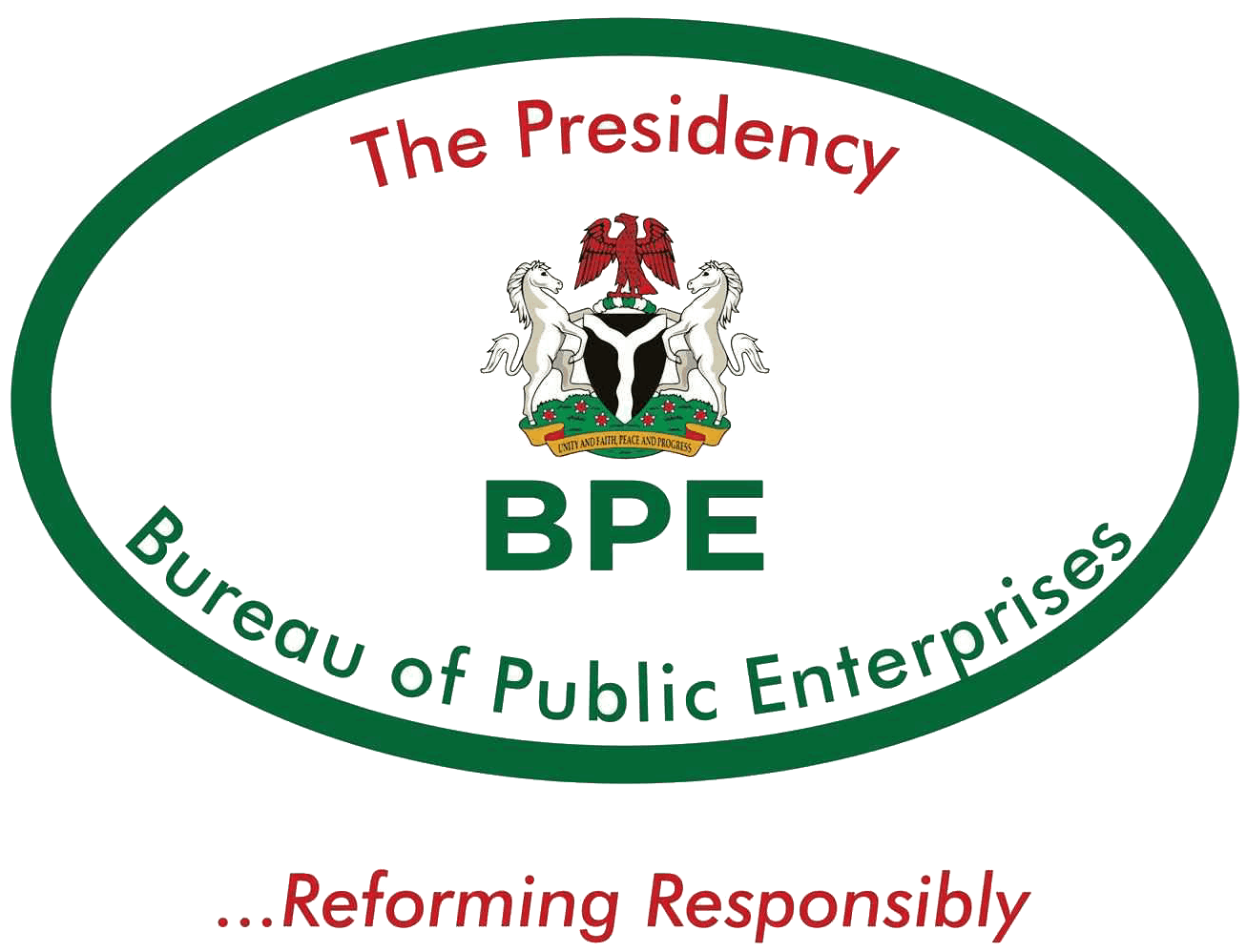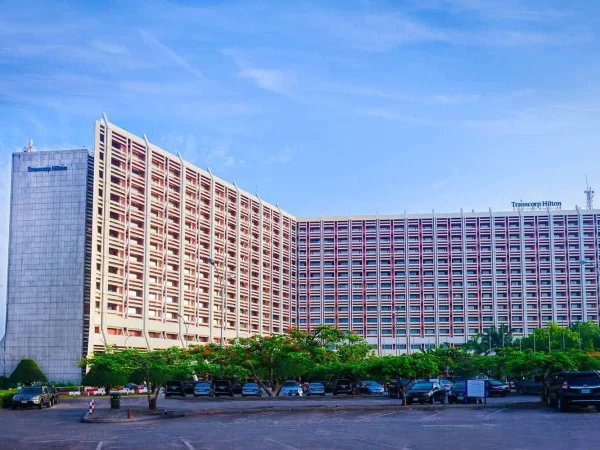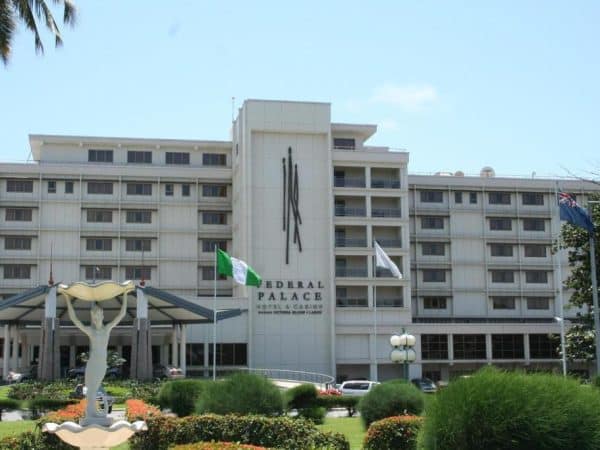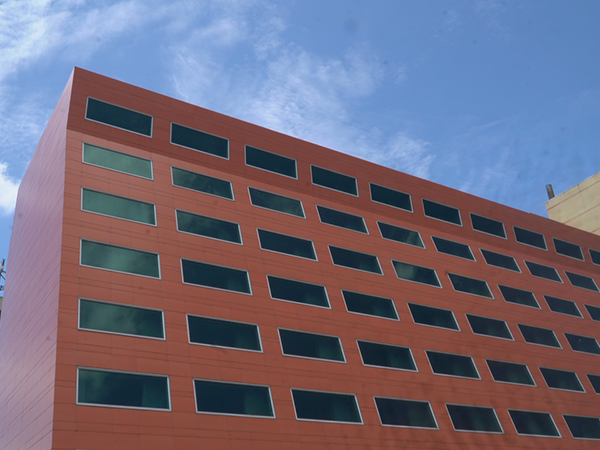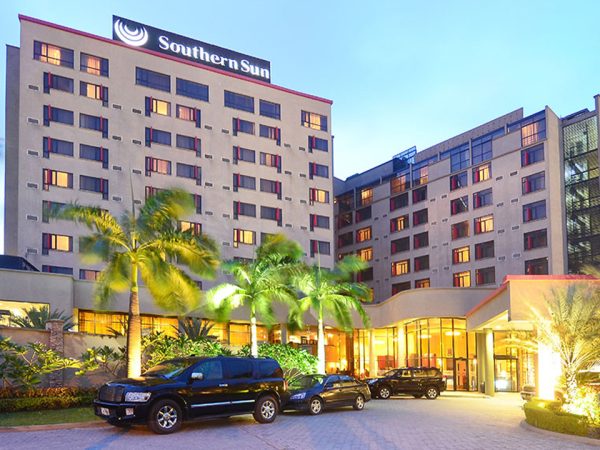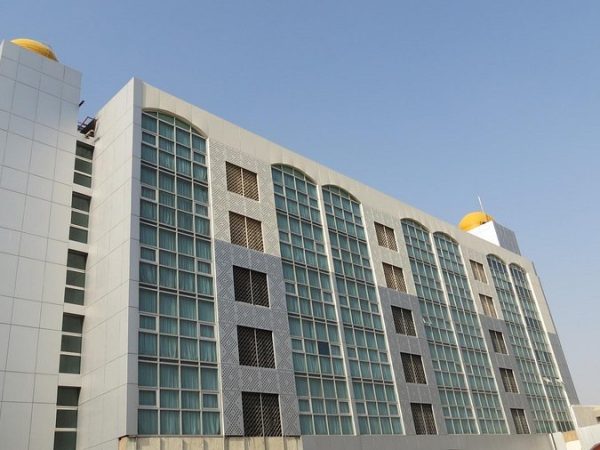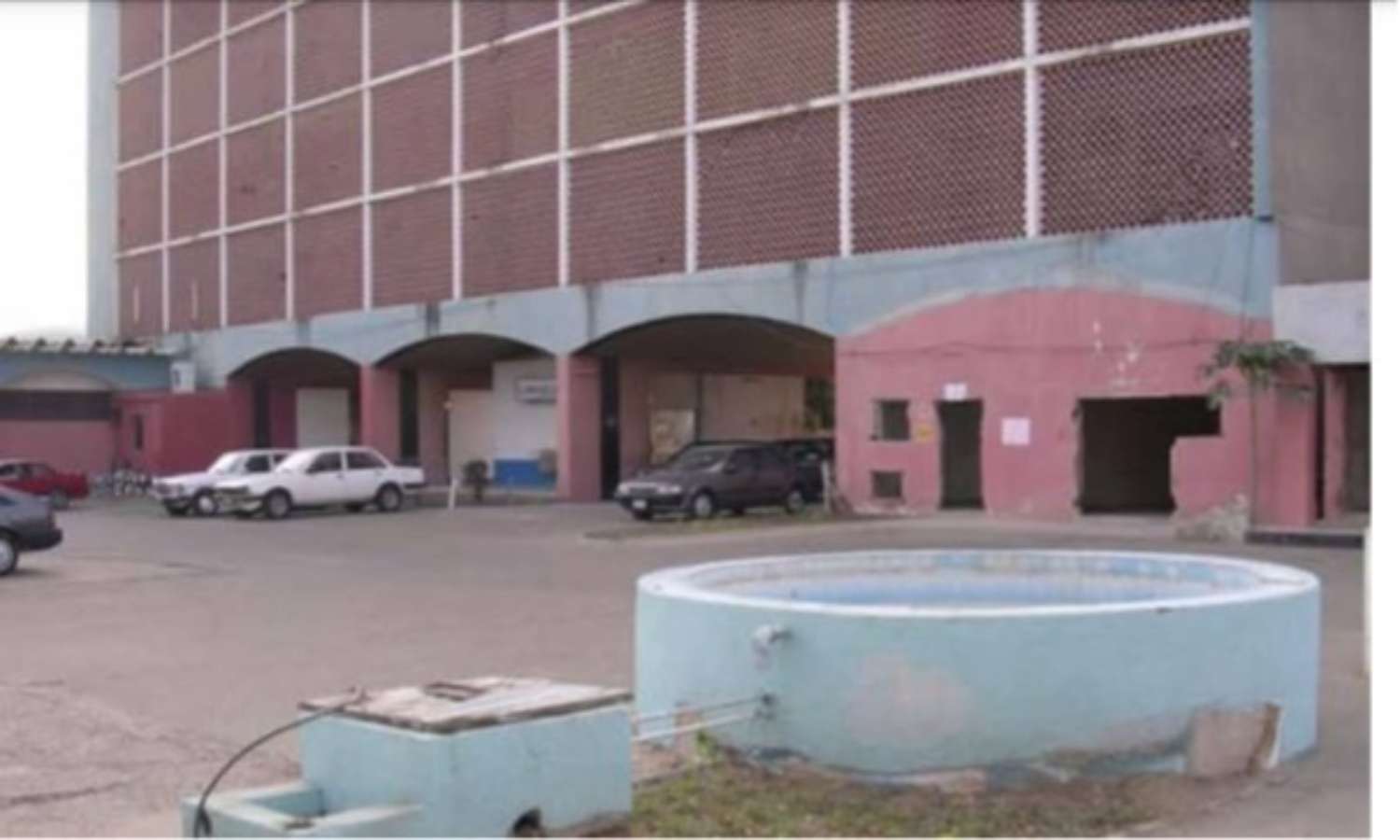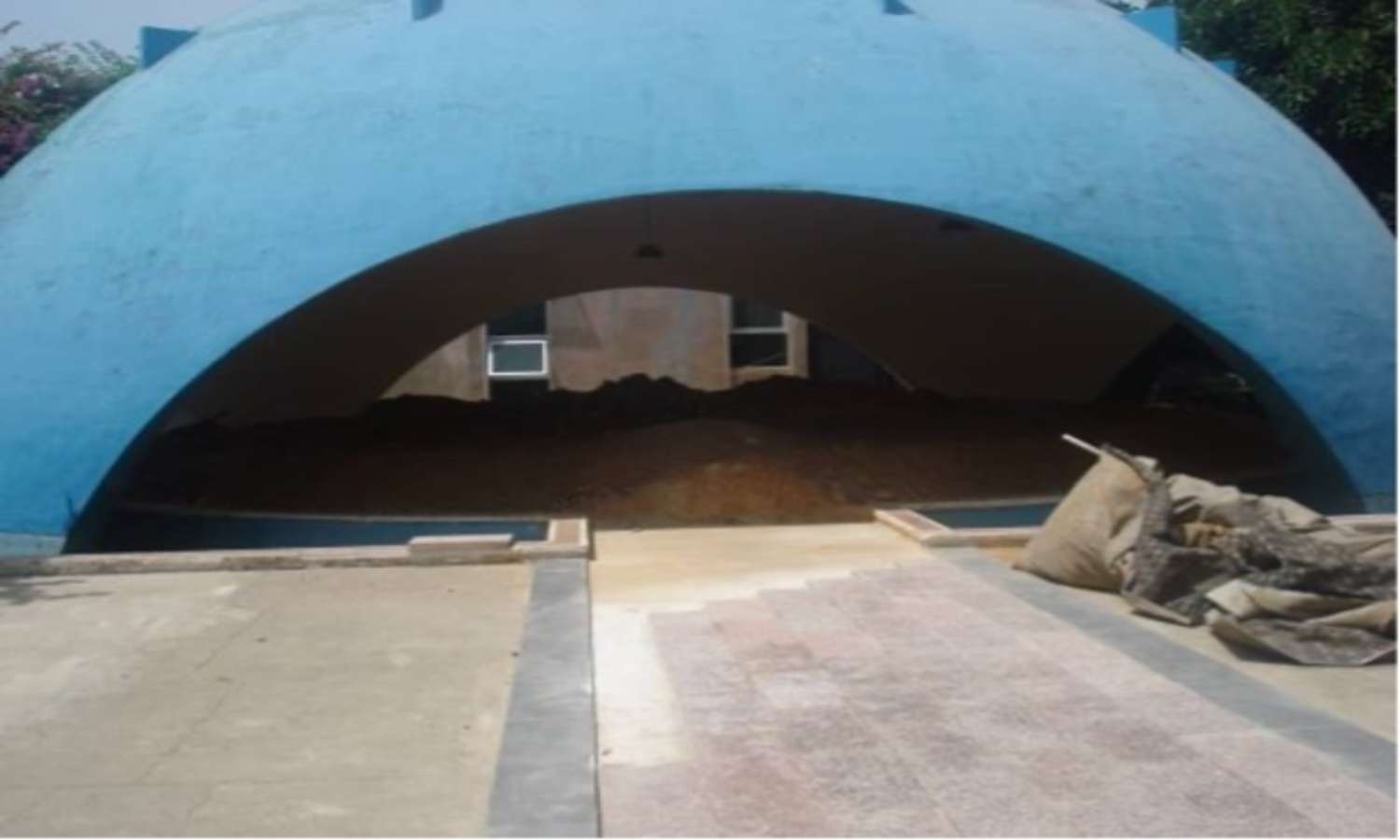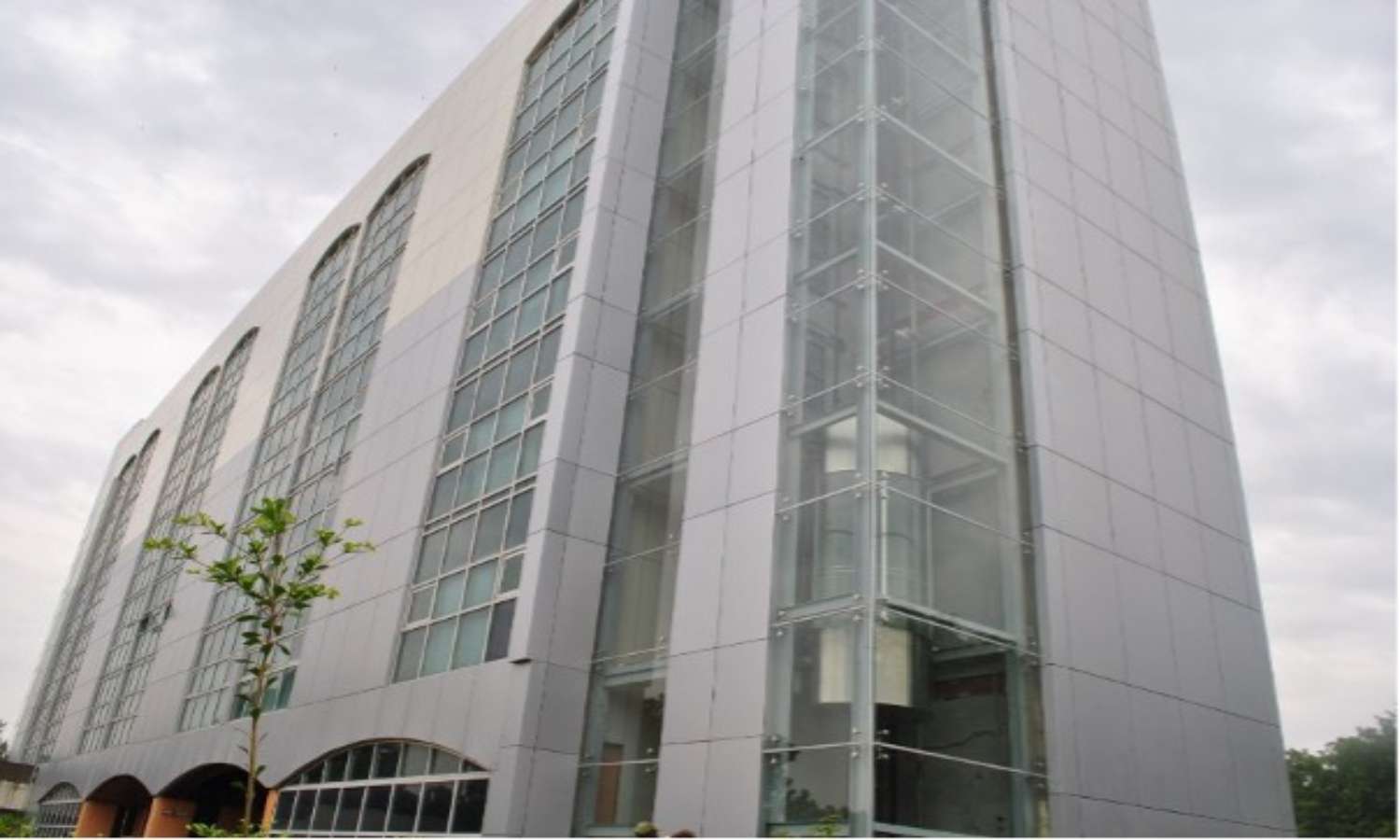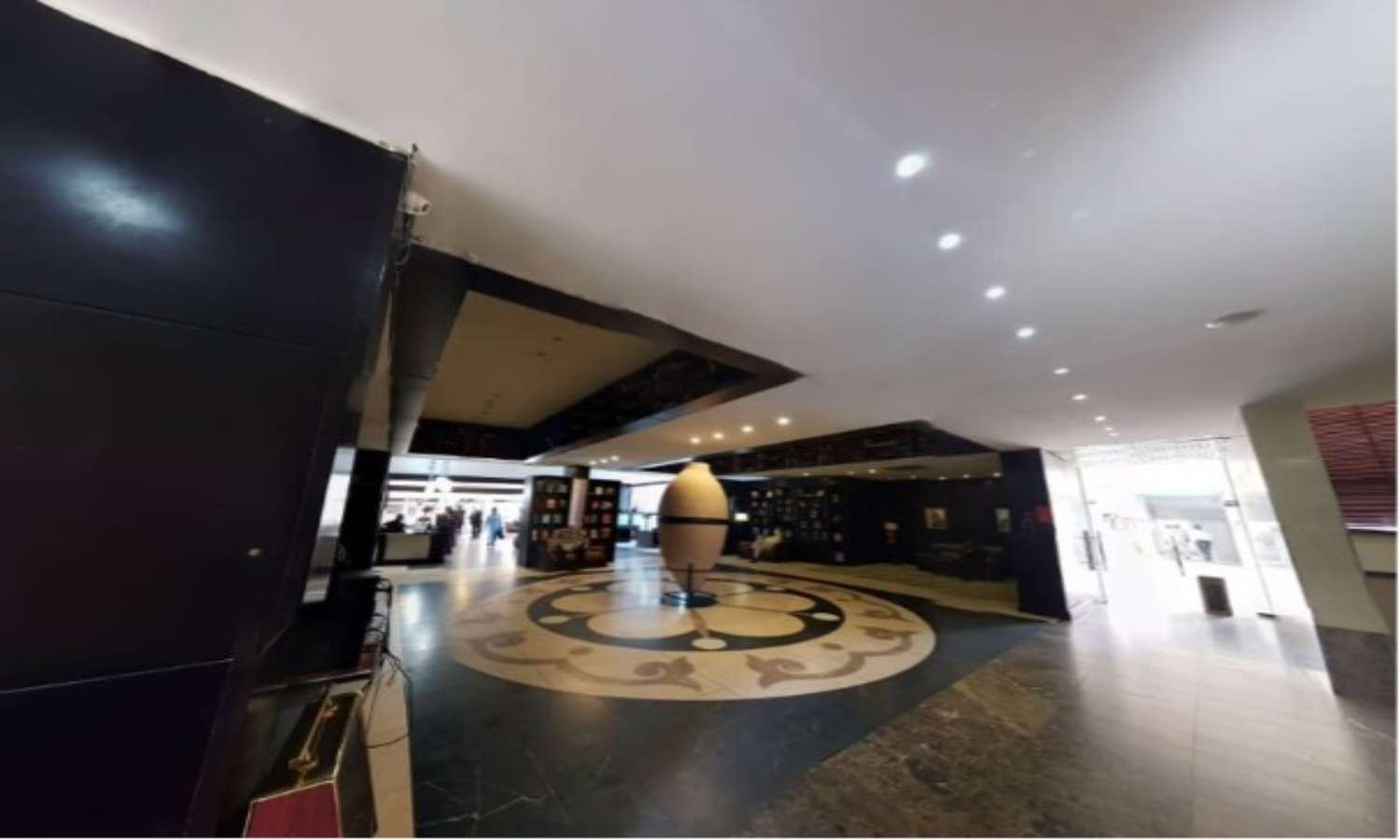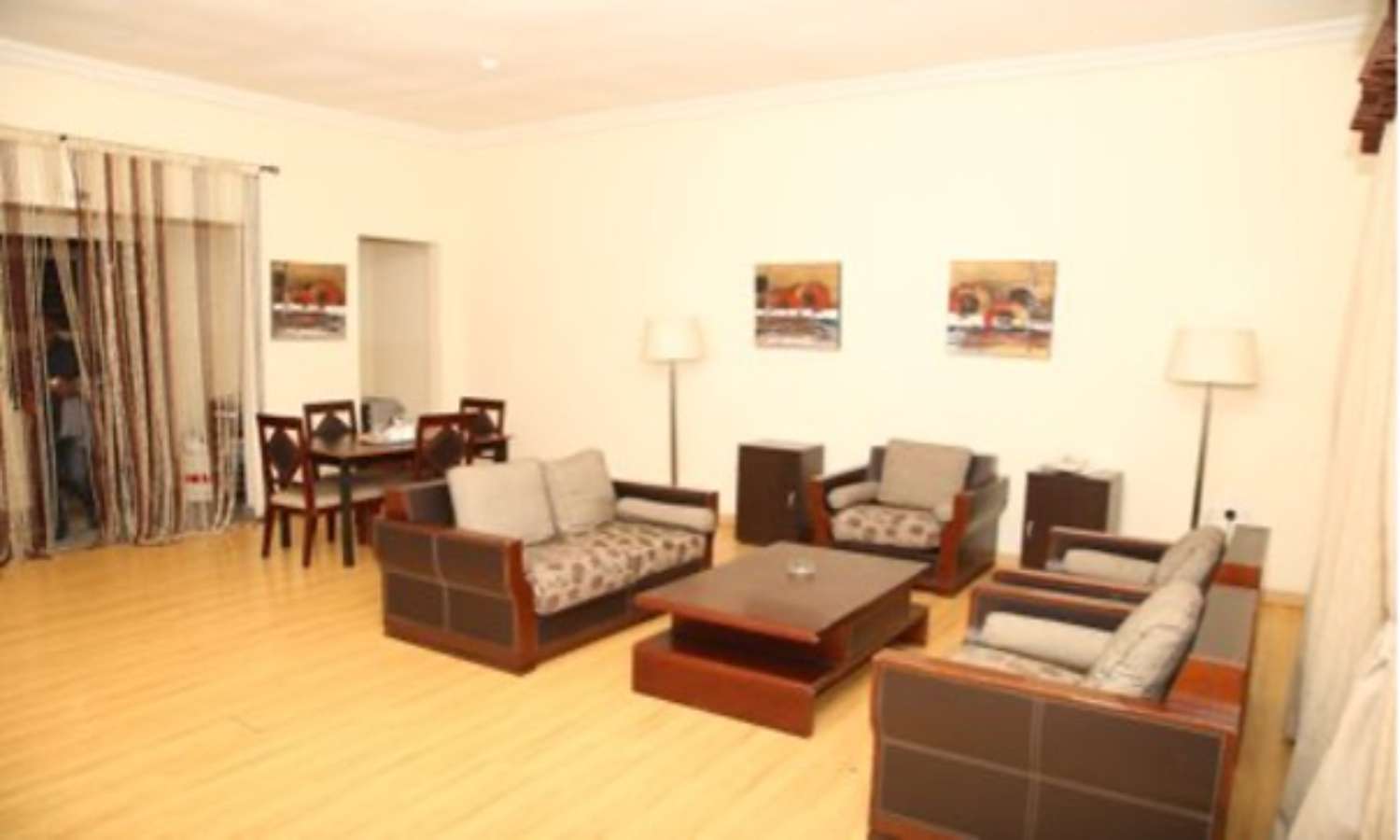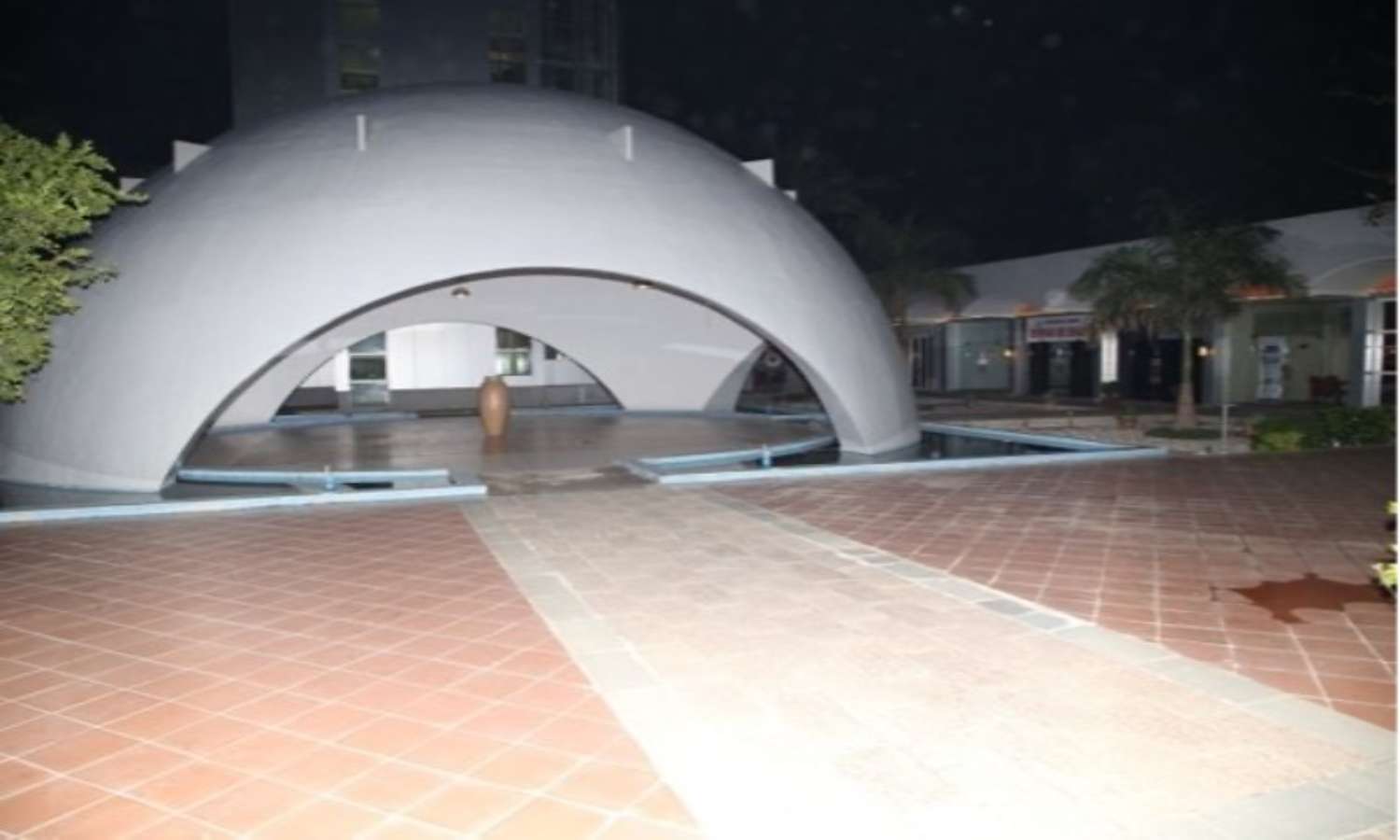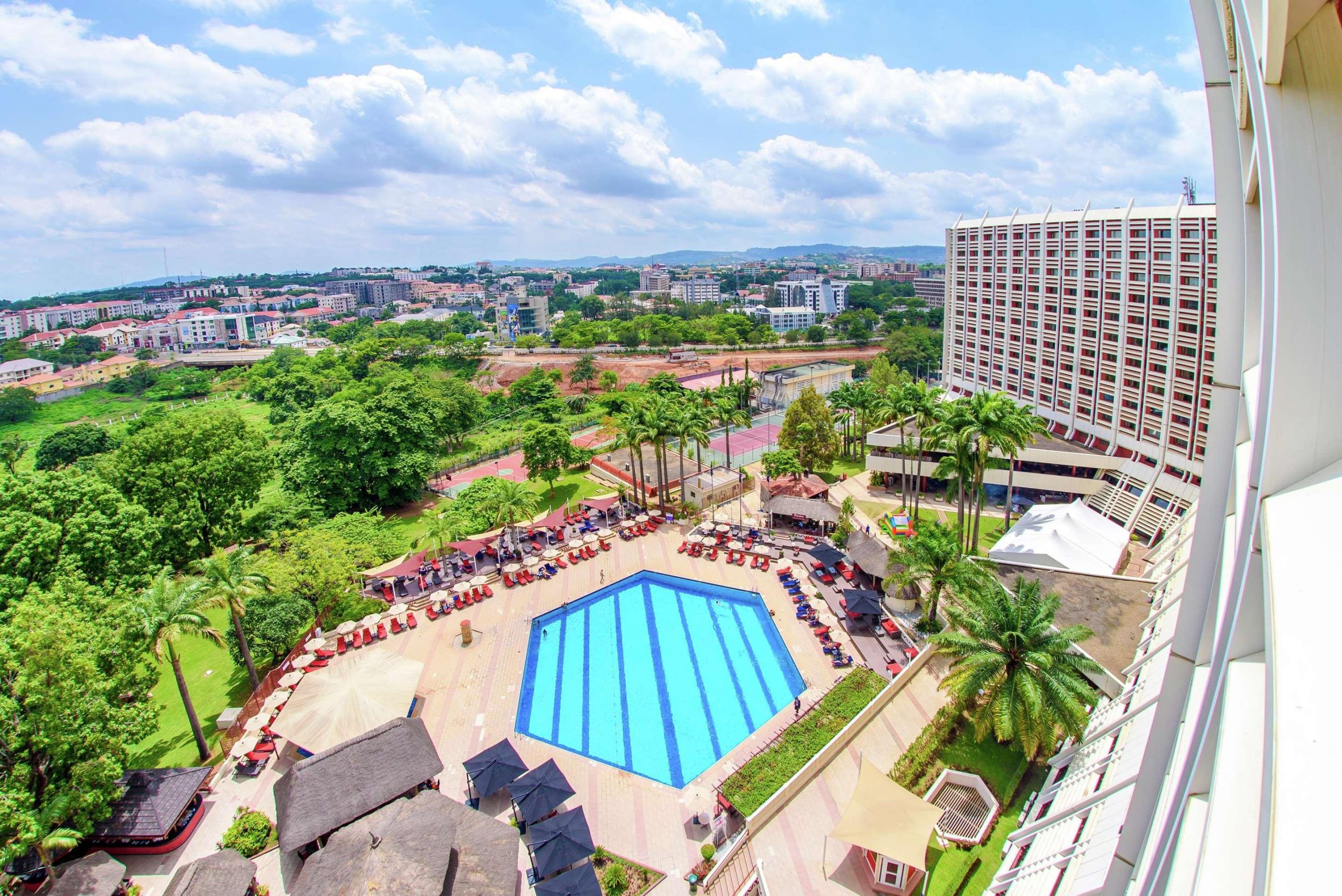
Nigeria Hotels and Tourism industry holds immense potential due to its rich cultural heritage, diverse landscapes and growing urban hospitality market. However, prior to reforms, the sector was underdeveloped and unable to compete with international standards. Most government-owned hotels and resorts, such as NICON Hilton (now Transcorp Hilton), Federal Palace Hotel and various state-owned establishments, were characterised by poor maintenance, outdated facilities, weak service delivery and low occupancy rates.
Public ownership often led to bureaucratic inefficiencies, lack of innovation and financial mismanagement. Many prime hospitality properties were either operating far below capacity or had completely shut down.

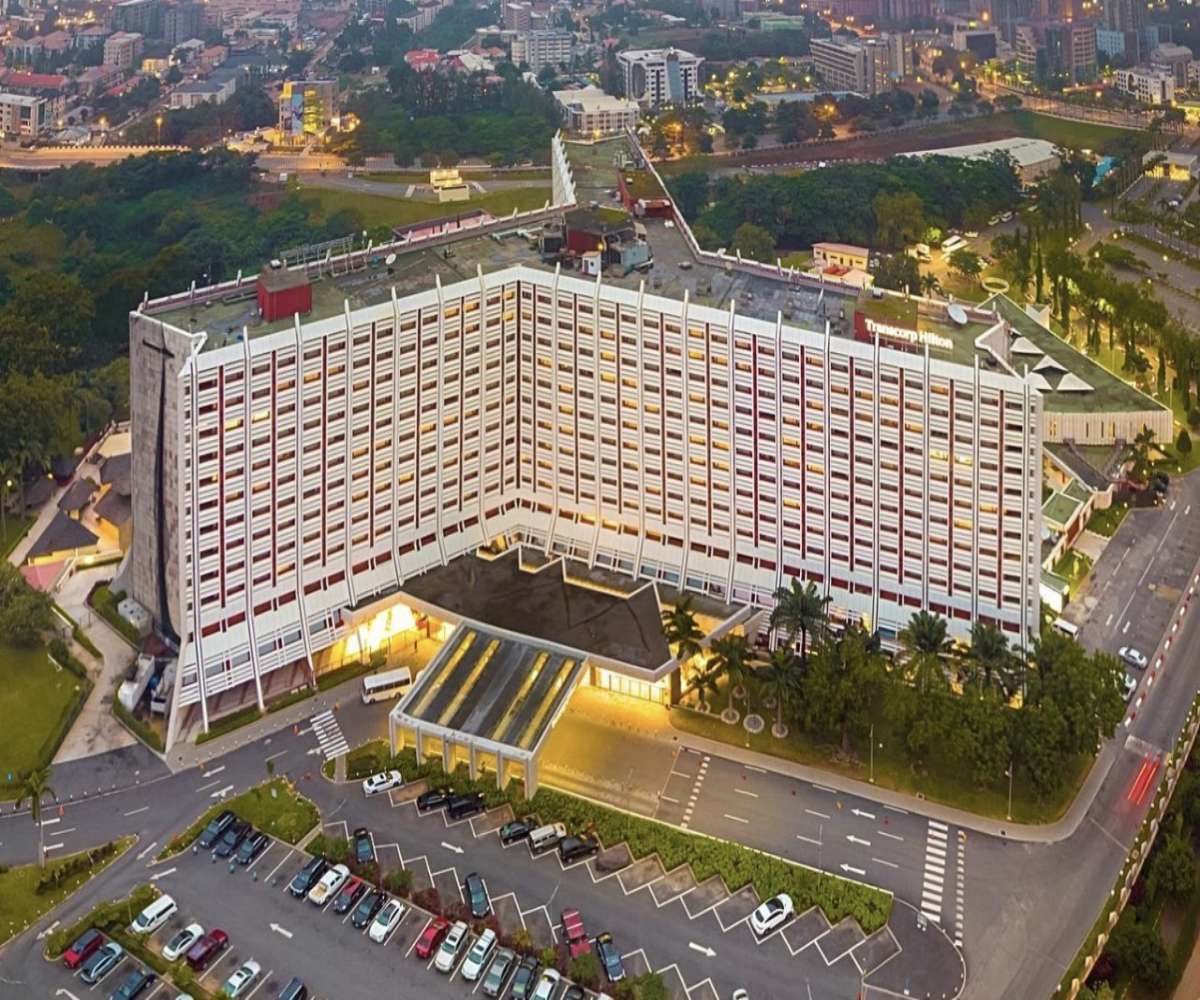
The Reform Process
The Federal Government, through the Bureau of Public Enterprises (BPE), initiated a strategic reform programme to revitalise the hotels and tourism sector by leveraging private sector efficiency, investment, and expertise. Key steps in the reform process included:
Privatisation & Concessioning of Government-Owned Hotels
- Sale or long-term concession of major hotels to reputable private investors with a track record in hospitality management.
- Notable transactions included the sale of Federal Palace Hotel, Durbar Hotel, and the concession of NICON Hilton to Transcorp Hotels Plc.
Attracting Strategic Partnerships
- Encouragement of partnerships between local investors and renowned international hotel brands for facility upgrades, service improvement, and global marketing reach.
Tourism Infrastructure Development
- Collaboration with state governments to improve airports, roads, and recreational facilities that enhance tourist accessibility.
Policy and Regulatory Support
- Alignment with national tourism policies and the Nigerian Tourism Development Corporation (NTDC) Act to create a more enabling business environment.
Marketing and Brand Positioning
- Support for initiatives that promote Nigeria as a destination for business tourism, conferences, and leisure travel.
Transactions
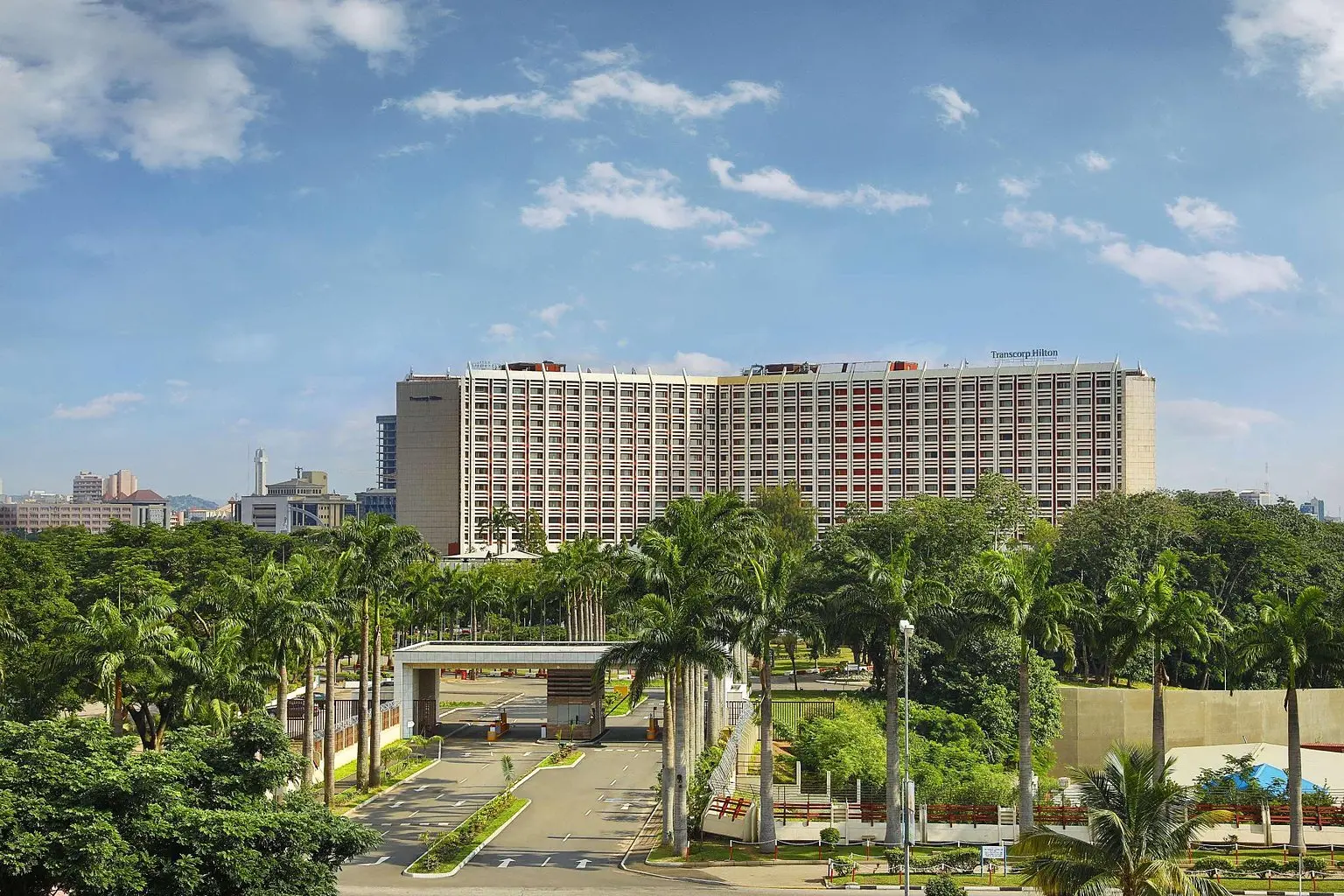
The Hotels & Tourism Sector reform, driven by the Bureau of Public Enterprises, successfully transformed moribund public hospitality assets into thriving, competitive enterprises. By opening the industry to private investment and global hospitality brands, the reform improved infrastructure, service quality, and Nigeria’s appeal as a tourism destination. These changes not only enhanced the guest experience but also contributed significantly to economic diversification, job creation, and the global perception of Nigeria’s tourism industry.

